The syntax below is called auto properties, it doesn't matter in the terms of file size since in compilation time, a field is generated anyway (see, decompilation in the end of the answer) and there are get and set methods in the compilation results in both cases.
Auto properties allow you to keep your code more organized and short which is good for your code maintainability and readability, therefore you should prefer them when possible.
We will put aside the "In field without auto-property you can assign default value" topic for a second (also, it is possible now in auto-properties too in c# 6.0), sometimes, you want to run some more code inside the get or set methods of the property, like invoking event handles or validating the values, that's where standard property declaration comes into the picture, for example:
private int mNumber;
public int Number
{
get
{
return Number;
}
set
{
if (Number == 8)
{
throw new CannotReceive8Exception();
}
else
{
mNumber = value;
}
}
}
If you look at the decompiled code of this code:
public int Number { get; set; }
You will see that the compiler has added a background private field anyway:

